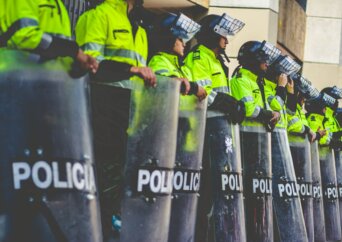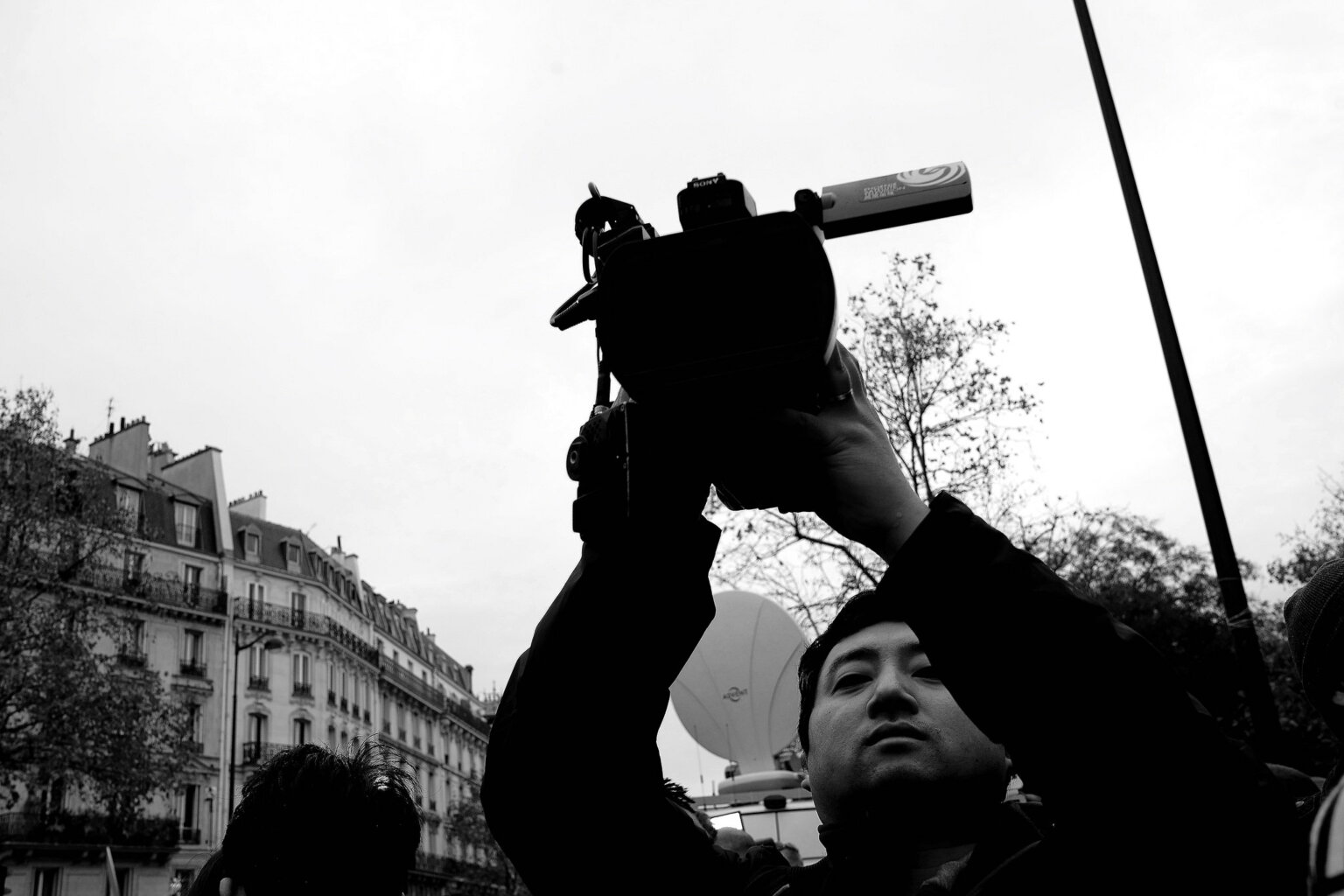- About
- Topics
- Story
- In-Depth
- Picks
- Opinion
- News
- Donate
- Signup for our newsletterOur Editors' Best Picks.Send
Read, Debate: Engage.
| topic: | Political violence |
|---|---|
| located: | El Salvador |
| editor: | Ellen Nemitz |
El Salvador has declared war on gangs. Dealing with a new wave of violence and homicides, the nation, led by Nayib Bukele, started to conduct mass arrests of suspects of crimes following the suspension of constitutional rights due to a state of emergency. More than 9,000 people have been arrested in 15 days, according to the president himself, who uses Twitter to openly publicise his actions.
There are allegations that innocent people could have been arrested in the operation - which Bukele calls a "One percent of error" that will be corrected by a "fair system.” Nonetheless, the United Nations expressed concern about human-rights violations and the unnecessary and excessive use of force by security forces. "We recognise the problems posed by gang violence in El Salvador and understand that the State must guarantee security and justice. But it is essential that this be carried out without violating international human rights law," reads the official note of the High Commissioner for Human Rights.
In addition, on 5 April, the Legislative Assembly approved a Penal Code review to punish with 10 to 15 years of imprisonment journalists who “reproduce and transmit messages from or presumably from gangs that could generate uneasiness or panic in the population.” Representatives of institutions such as Human Rights Watch warned of the risk of censorship. Senior Researcher at Americas Division, Juan Pappier said that the "recent legislative reforms in El Salvador violate multiple international human rights obligations and leave all Salvadorans more unprotected.”
The reactions of other institutions were similar. The Association of Journalists of El Salvador expressed concern with the "Gag Law" which "opens the doors to arbitrary arrests of journalists,” especially regarding a group of professionals at El Faro, who can possibly face charges for recent investigative work. The association demanded from the prosecutor's office "good sense in the face of these reforms and absolute respect for freedom of the press, an inescapable right of any democracy."
An opinion editorial published by Factum Magazine mentioned the "authoritarian escalation" in El Salvador and called the president Bukele just a continuation of the one kind of politician the country has always had, but with a smile and a Twitter account, alluding to his popularity. Factum assesses that the Legislative Assembly works in favour of the president's ideas and tries to gag "the only thing that the regime does not control: our voice.”
While many people who interact with the publications on social media criticise those who defend the freedom of the press, alleging that the president is protecting the country and that journalists would be supposedly mixing politics with their jobs, El Faro explained why reporting about gangs is so important. In a Central American country, it is vital to scrutinise the origins and expansion of organised criminal groups, which have even had a large "back-door bargaining with politicians and governments for more than a decade.” The outlet summarises the issue, affirming that an independent press is crucial for the public to learn about these pacts. "This ongoing work is now a crime punishable with up to 15 years of prison in El Salvador.”
Image by Ricardo Arce

